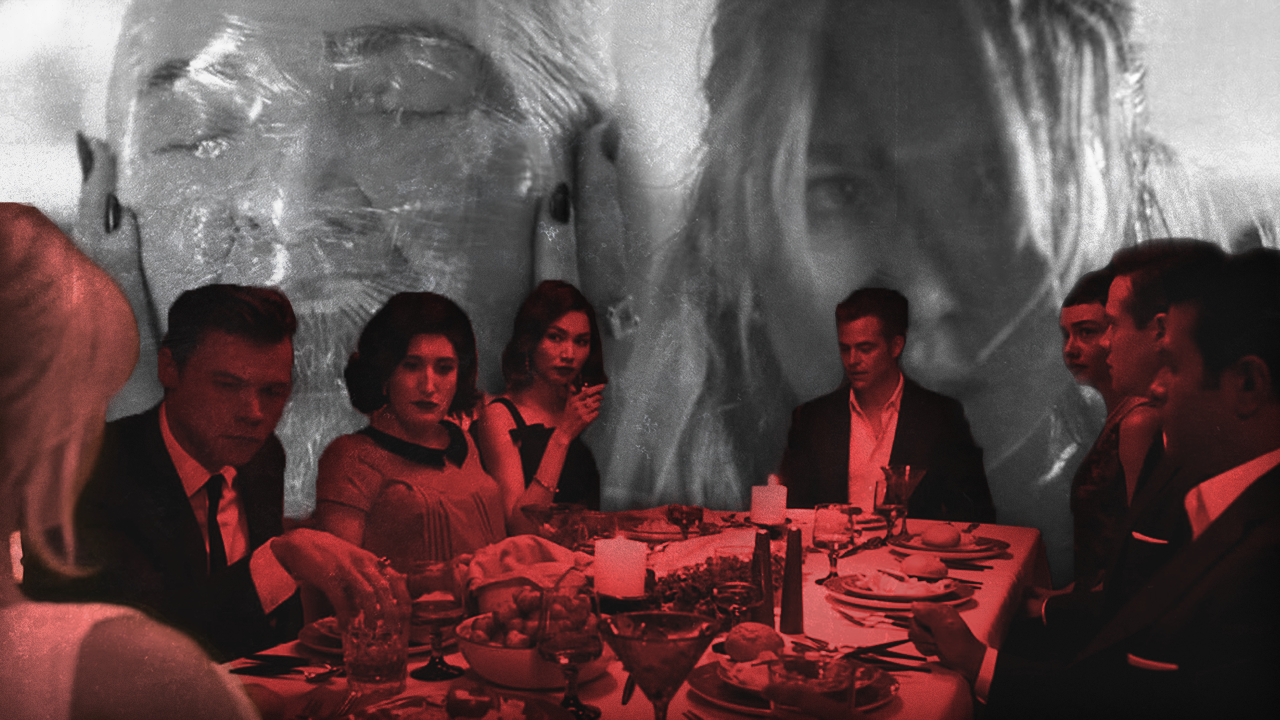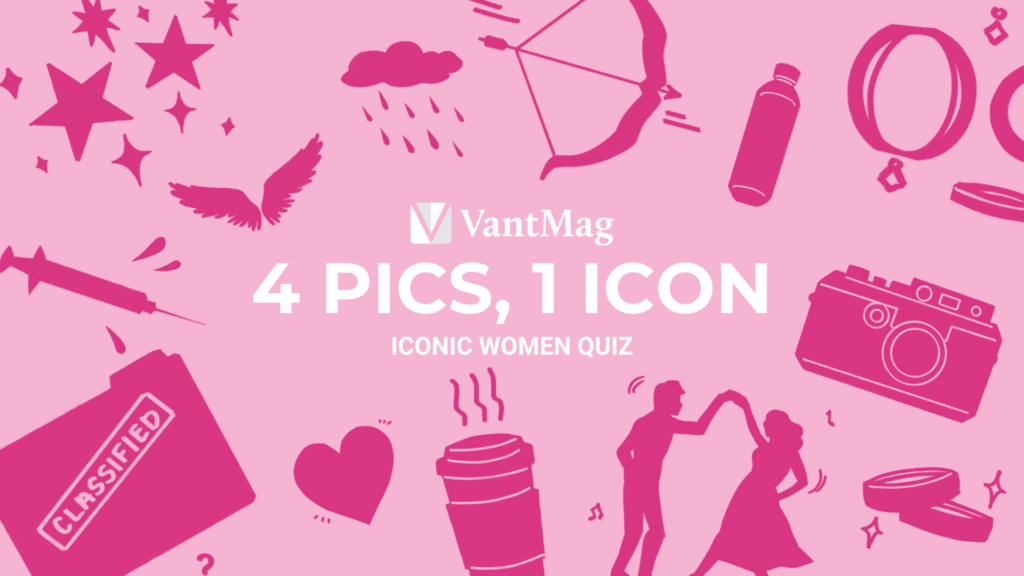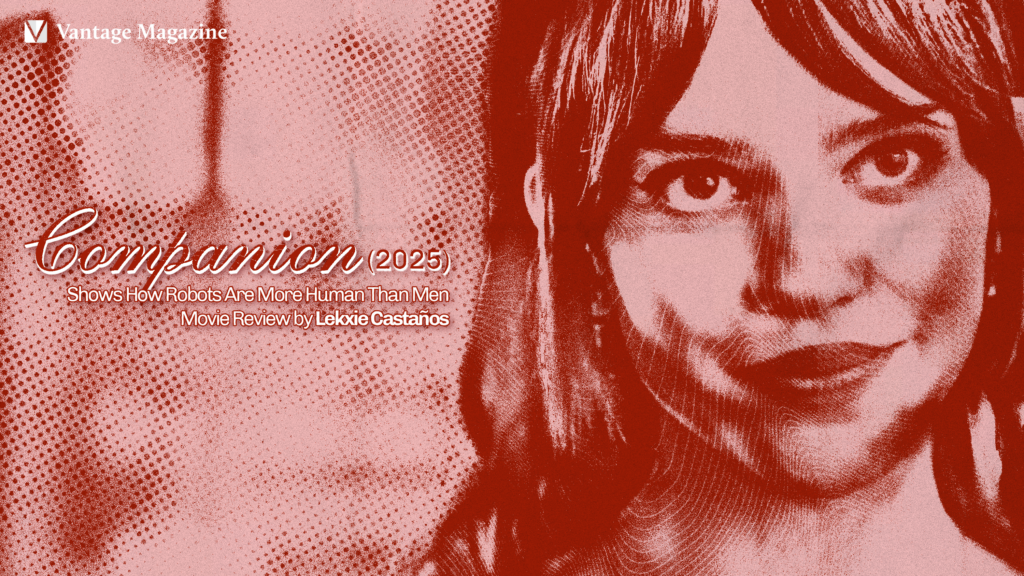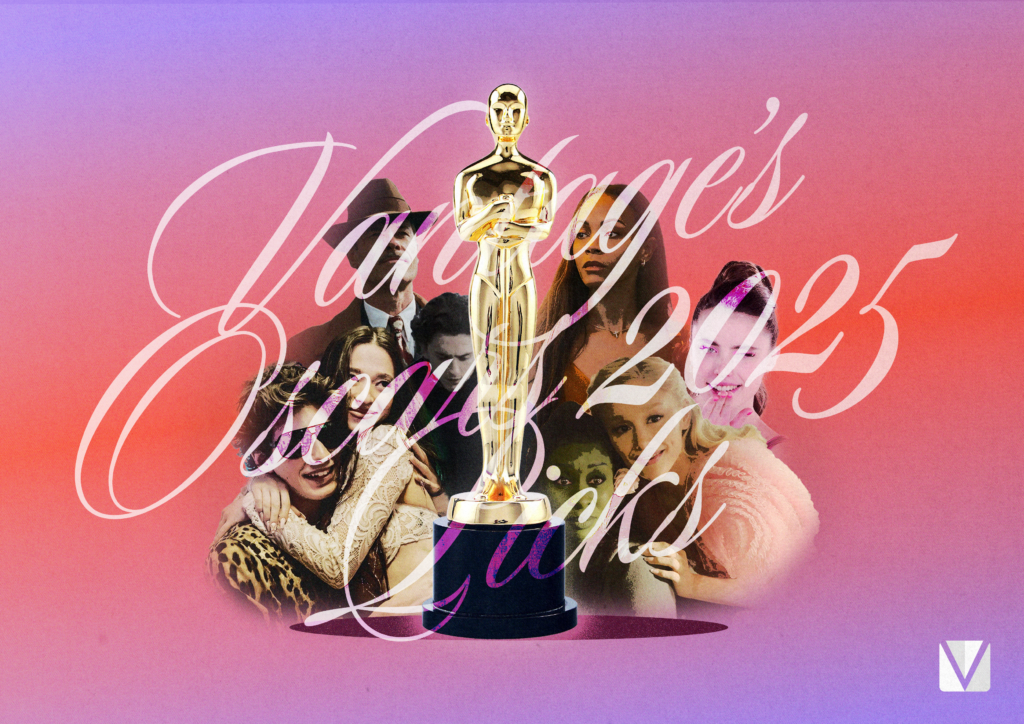“WHAT IS the enemy of progress?”
“Chaos.”
Yeah, that’s what this film is.
Olivia Wilde’s sophomore directorial film, Don’t Worry Darling (2022), has gone through quite the journey. With the allegations of unprofessional behavior between some of the cast and the consequently tense atmosphere at the Venice Film Festival premiere, netizens have been eagerly anticipating what might happen next. As such, one might wonder if it was really worth all that trouble.
In a town run by men, men, and men, housewife Alice Chambers (Florence Pugh) is the only person who feels that something is wrong with the eerily sugar-coated utopia of Victory, California. Throughout the film, we see her navigate her routine-like marriage with Jack (Harry Styles) while living under the town leadership of its cunning founder, Frank (Chris Pine). As time passes and more red flags reveal themselves, she grows more desperate to find out the truth about Victory.
Visually, Katie Bryon’s precise production design and Matthew Libatique’s gorgeous cinematography allow Victory to be the prettiest piece of land the patriarchy has ever seen. The sunny town in the middle of the desert is filled with pastel-colored houses and sleek Mustangs lined up on the trimming of a pancake-shaped cul-de-sac. All in all, the ladies’ gorgeous cupcake dresses and the men’s sharp suits complete the look of Victory’s picture-perfect paradise right at the beginning of the film.
However, the film’s visual aspects seem to be where most of its strengths lie.
Despite its strong opening weekend at the box office, Don’t Worry Darling’s success seems to ride solely on its lead actress. Pugh gives an expectedly exceptional performance as she makes the audience feel Alice’s perpetual confusion. With that, it’s easy to see the contrast of tension when she carried the more high-stakes scenes she shared with Styles, who was less convincing.
On the other hand, supporting characters like Bunny, Dean, and Shelley (Wilde, Nick Kroll, and Gemma Chan, respectively) didn’t seem to strike a chord—except for their illegally attractive villain. Pine, who is known for playing more charming roles, was an excellent surprise as an antagonist. The sinister twinkle behind his eyes was so enthralling, which made his character’s lack of a backstory infuriating.
Beyond neglecting supporting characters, the weak screenplay didn’t provide the details to solidify the story’s narrative. For a thriller, it feels void of the urgency required for it to be… well… thrilling. Its dragging 120-minute runtime lacked the soul for a story that could have potentially been a feminist masterpiece, and, ultimately, victory still fell into the hands of the patriarchs.
Throughout the film, we observe a never-ending pattern: Alice sees something off-putting, gets gaslit, and every man in her vicinity does nothing to help her (or even makes much effort to convincingly hide the truth). In the end, it just didn’t feel like she or any of the other characters grew significantly or showcased any redemption.
Because of that, it just feels that nothing really happened. In a feeble attempt to combat patriarchal standards, Wilde’s direction drove Don’t Worry Darling aimlessly into a desert of no conviction. She whispers, “Yeah, men are bad,” but doesn’t shout it with her whole chest. Ultimately, the film comes across as a half-baked love letter to women’s rights—much less an impactful cinematic experience.
So, to buy a ticket or not? For Miss Flo and the superior Chris, yes. But for any other reason, I highly suggest you gently hit the brakes.






